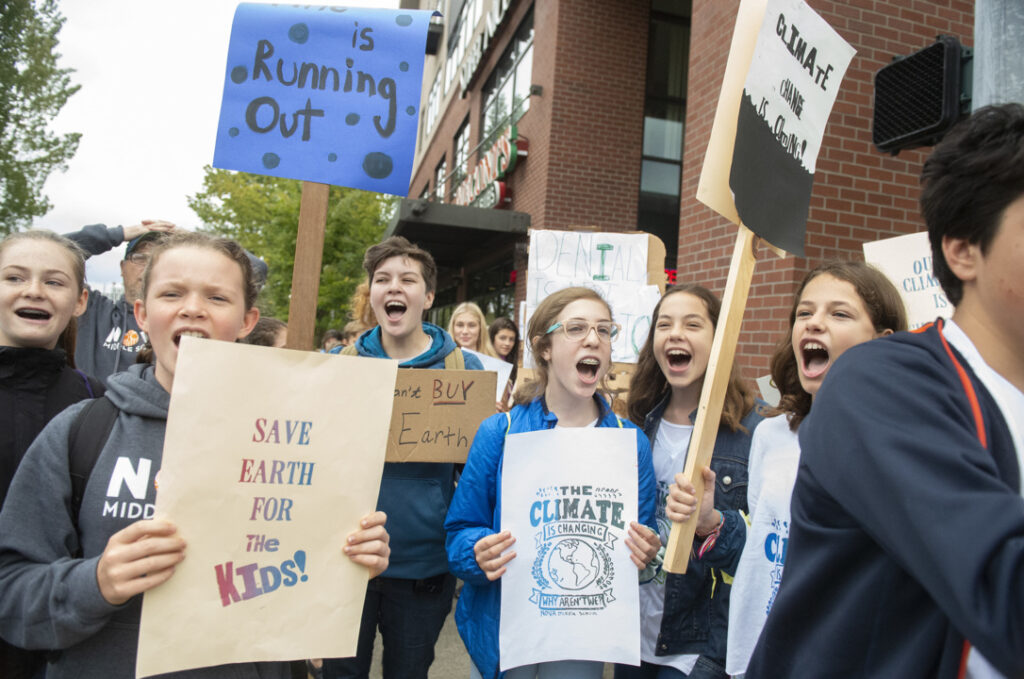A new global poll reveals the high level of concern many young people have about climate change. Nearly 60% of the young people polled said they were very concerned or extremely concerned. More than 45 percent of those polled said their environmental attitudes affect their daily lives.
Three-quarters of them stated they were concerned about the future. Over half of people (56%) believe humanity is doomed.
Two-thirds said they were depressed, afraid, or anxious. Fear, rage, despair, grief, and shame – as well as hope – were all felt by many. “It’s different for young people – for us, the devastation of the earth is personal,” one 16-year-old stated.
Bath University, in partnership with five other universities, led the survey across ten countries. Avaaz, a campaign and research organisation, is funding it. It claims to be the largest of its kind, with 10,000 people aged 16 to 25 responding. Many of those polled believe they have no future, that mankind is doomed, and that governments are failing to appropriately respond. Many people believe politicians and grownups have betrayed them, disregarded them, and abandoned them.
The failure of governments to respond, according to the authors, has perplexed the young. They claim that environmental concerns are “deeply hurting a large percentage of young people.”
They claim that chronic stress caused by climate change is increasing the risk of mental and physical issues. If severe weather occurrences become more common, mental health consequences will follow.
Young people are particularly influenced by climate anxieties, according to the survey, because they are maturing psychologically, socially, and physically.
The authors think that governments’ failure to address climate change could be classified as cruelty under human rights law. Six young people have already filed a lawsuit against the Portuguese government.
Kantar, a data analytics organisation, conducted the study in the United Kingdom, Finland, France, the United States, Australia, Portugal, Brazil, India, the Philippines, and Nigeria.
The researchers were struck by the magnitude of the distress. “I don’t want to die, but I don’t want to live in a world that doesn’t care about children and animals,” one young person remarked.











More Stories
AI to assist doctors in detecting broken bones in X-rays
Enhancing digital health initiatives could help prevent millions of deaths from noncommunicable diseases
Sweden Confirms Its First Case of Mpox